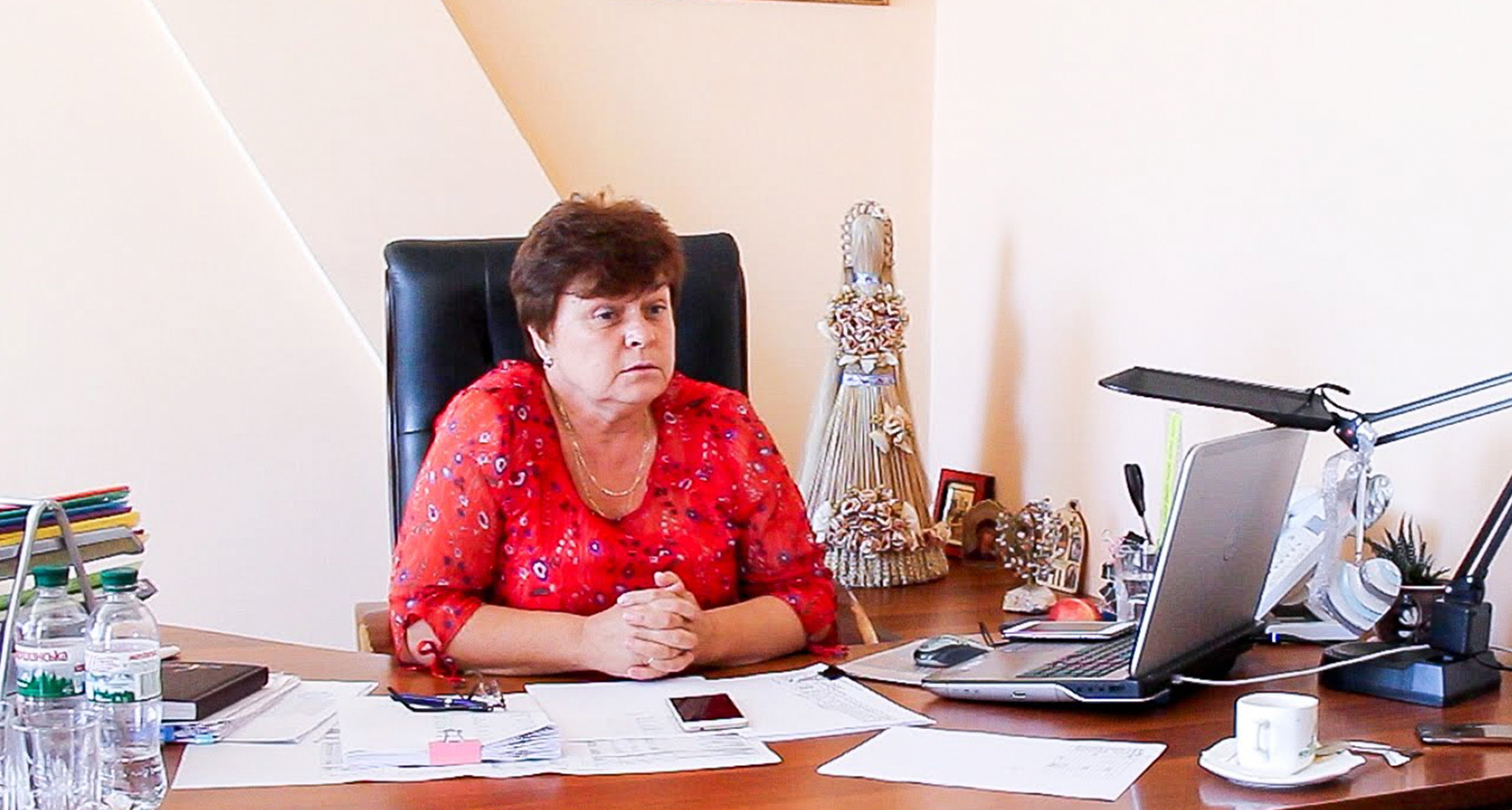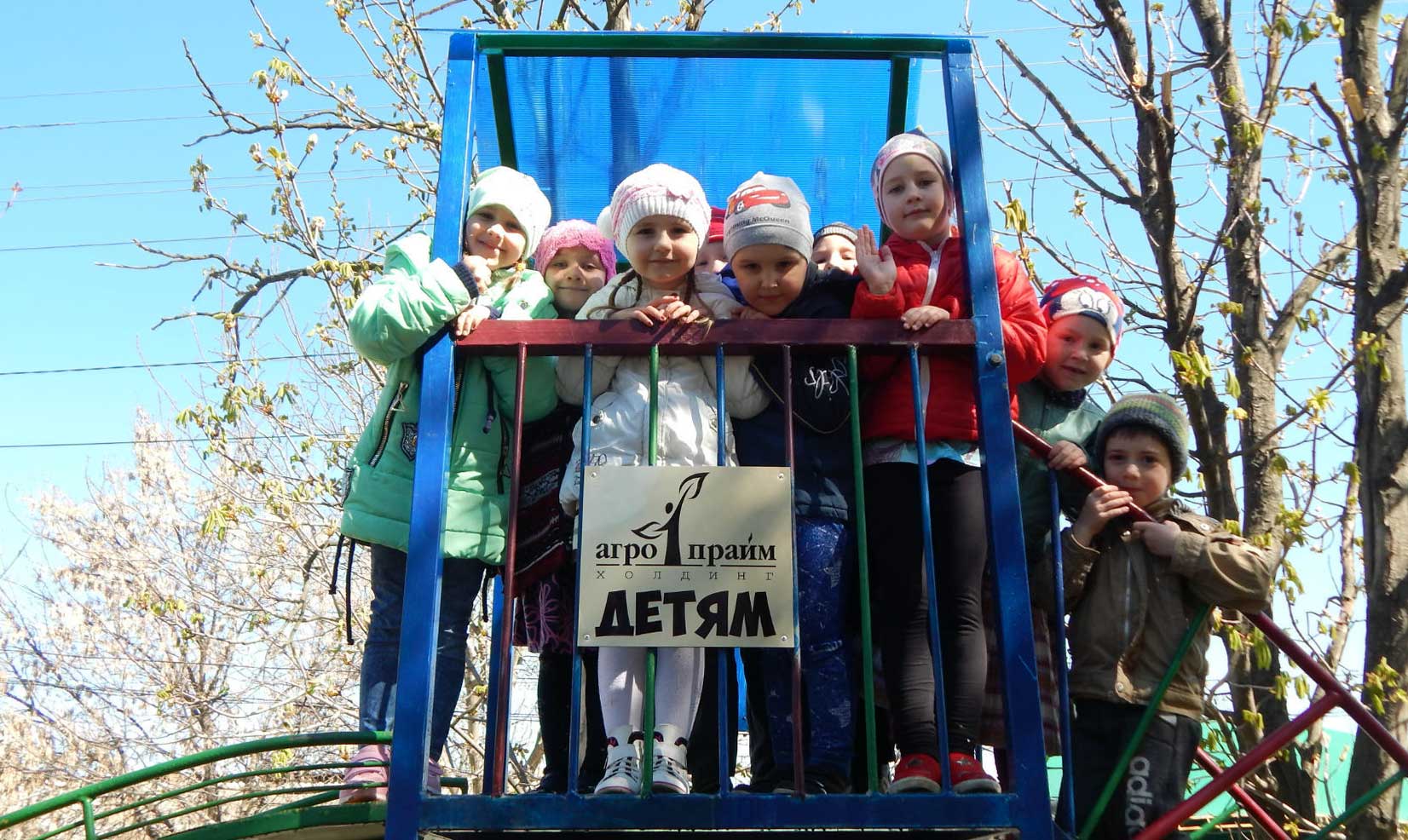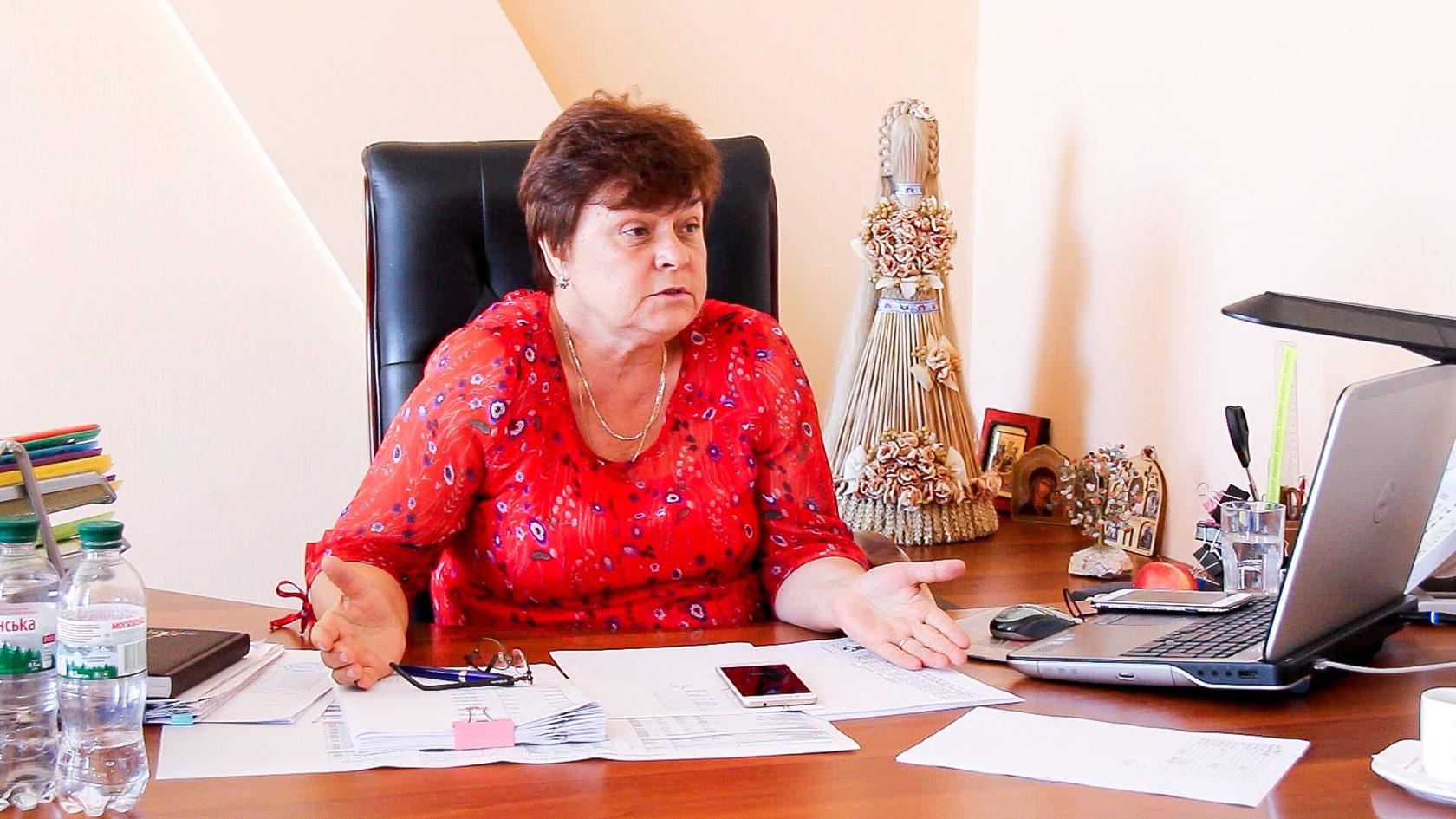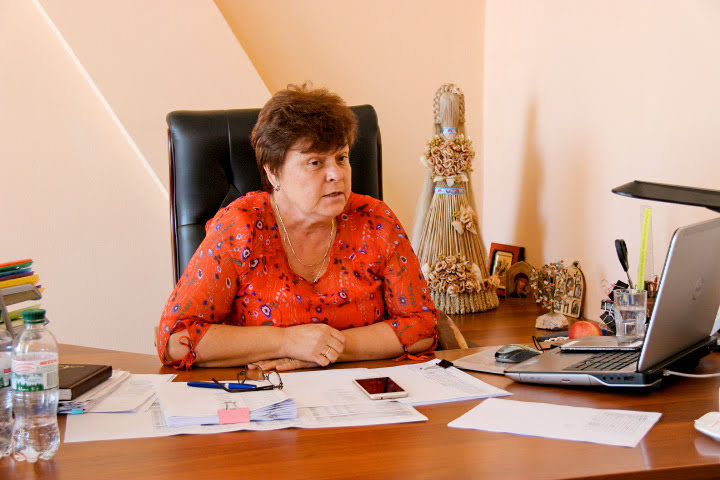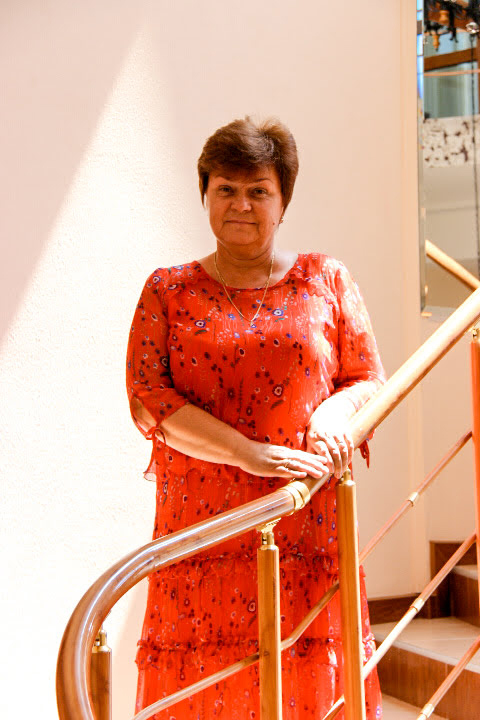— All these years were devoted to the search for the golden mean in an attempt to satisfy the shareholders with the company policy, the rental payments and the social programs. After all, today the holding is a major budget revenue generating company for many districts of Odessa region. Last year, the tax bill, which was remitted by the company to the budgets of all levels, came to about UAH 40 million. According to the data of the tax office, the share of the income tax duty on the leasehold land of the company in the Izmail district is 40%. The same pattern is in other districts. For example, in Bolgrad district the company cultivates 10% of the land, and the share of the income tax duty on the leasehold land of the company in the district is 27%.
At present, at the discretion of the governor of Odessa region, Maxim Stepanov, the memoranda of the income tax on the leasehold land, which were signed up between agricultural producers and village councils, impose the relevant tax at the rate of about 8% of the regulatory monetary value of land. At the meetings, the local authorities ask the same questions: "Will you sign up such a memorandum? Will you be the part of this process?" My response is always unambiguous: it goes without saying, we will, because we have already been paying out so much and even more. Today's rate of interest on the leasehold land is 16-18% of the common land charge value. These are our planning figures without taking into account the prices for corn and sunflower. Rental payments are made in different ways, that is, people get four types of grain. For many people this payment is what they have been waiting for a whole year in order to breed animals or provide themselves with coal for winter.
